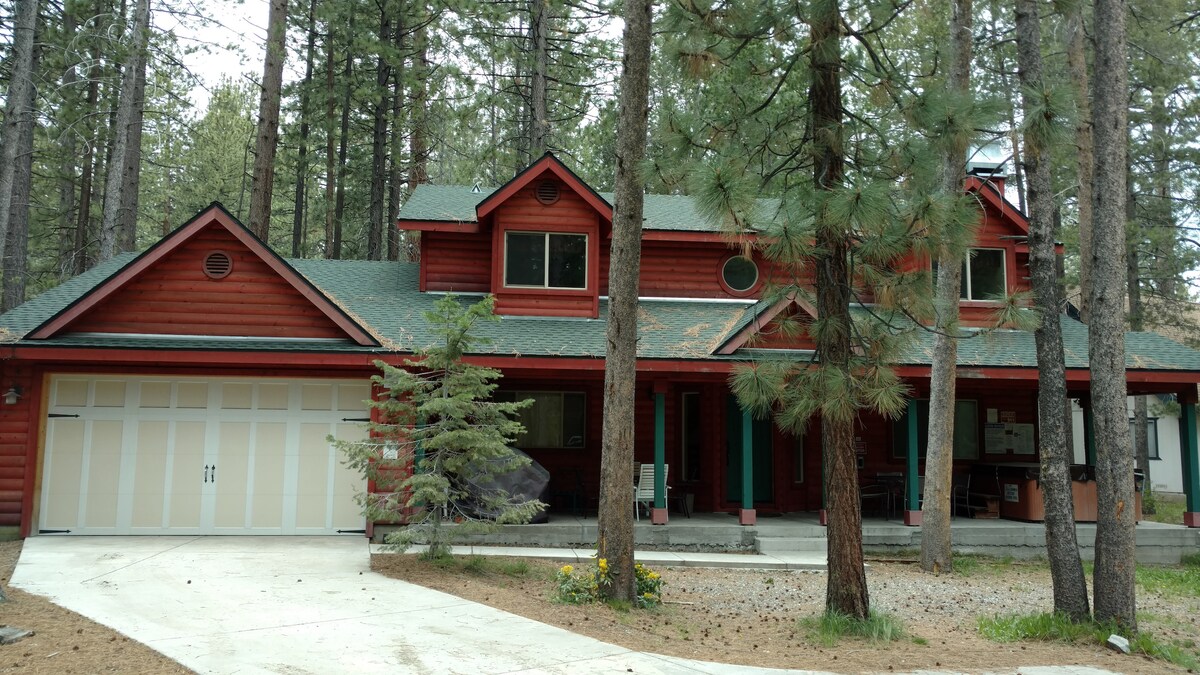


Hit hardest by unequal access to decent, affordable housing are young people, families with children, the elderly, those with disabilities and migrants. More than 82 million households in the EU have difficulty paying their rent, 17% of people live in overcrowded accommodations and just over 10% spend more than 40% of their income on rent, the the bloc says. Just over half of Portuguese workers earned less than 1,000 euros ($1,054) a month last year, according to Labor Ministry statistics.Īcross the EU, the recent spike in inflation, especially rising food and energy prices, and the lingering economic and labor consequences of the COVID-19 pandemic have aggravated the housing dilemma in the 27-nation bloc. Portugal is one of Western Europe’s poorest countries and has long pursued investment on the back of a low-wage economy. From 2015 to 2021, rents jumped by 112%, according the European Union's statistics agency Eurostat.īut the rising cost of real estate tells only part of the story. Portugal’s center-left Socialist government last month unveiled a package of measures to address the problem, and some of them are set to be approved by the Cabinet on Thursday.īetween 20, house prices in Portugal shot up by 157%. Deepening fears in recent days about the health of financial institutions, as well as the prospect of continuing high inflation, have added more uncertainty. Simoes and many others, increasingly including the middle class, are being priced out of Portugal's property market by rising rents, surging home prices and climbing mortgage rates, fueled by factors including the growing influx of foreign investors and tourists seeking short-term rentals. “Every day you wake up thinking, 'Am I staying here or do I have to leave?” “You live in this state of anxiety,” she says in her apartment with its partial view of the River Tagus.

She says she’s not budging because finding another place near work will be too expensive. Now, with rents soaring in the capital, her landlord is evicting her.


 0 kommentar(er)
0 kommentar(er)
